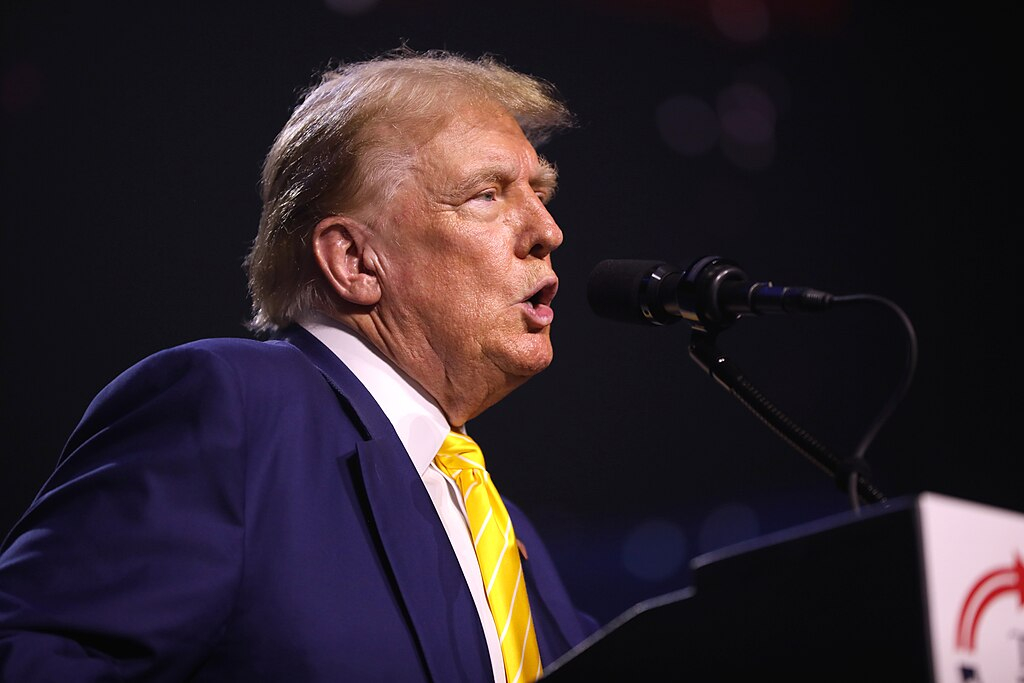The Hong Kong Securities and Futures Commission (SFC) has given the green light to Tencent to open a blockchain-based virtual bank. The approval was confirmed by Tencent blockchain chief Yige Cai during a talk at the World Blockchain Summit last Friday.
So far, the SFC has provided licenses to 12 banks, allowing them to operate in the digital space with their endeavors overseen by the regulatory body. Cai said that Hong Kong’s approval is a sign of blockchain’s significance in what lies ahead for the financial sector, CoinDesk reported.
“Hong Kong’s new regulations and supervision on digital assets transactions validate the importance of blockchain technology and digital assets, which is good news for the whole industry,” Cai said in his speech at the summit.
More blockchain initiatives despite regulatory evolution
The approval also comes in the wake of the SFC putting up stringent requirements for crypto exchanges, announcing that providers that offer security token trading will be treated similar to traditional brokers. The SFC said any exchanges that want to operate in Hong Kong need a license from the agency. No providers have been given the go-ahead at the time of this writing.
Meanwhile, Tencent has been tasked by China’s State of Administration and Taxation to create a standard for a blockchain-based e-voice system. The Chinese internet giant will be collaborating with the China Academy of Information and Communications Technology and the Shenzhen Taxation Bureau for the completion of the project.
Restrictions still in place
Despite tensions between Hong Kong and China, the two territories are still working together to streamline their operations, leveraging the advantages of blockchain technology to achieve their goals. This isn’t to say that the countries are loosening up on the crypto industry. China is still strict on crypto trading within its borders and Hong Kong is still putting up new regulations on the crypto space as the nascent market evolves.
All of these initiatives are rooted in blockchain’s disruptive nature, which has penetrated several sectors including financial institutions, the shipping industry, private businesses, government bodies, and more. Countries are also trying to create their own central bank digital currencies (CBDC), with China currently appearing to be winning the race while the United States is lagging behind.
Image source: https://www.flickr.com/photos/chris-yunker/32244014491
Image license: https://creativecommons.org/licenses/by/2.0/

























Comment 7